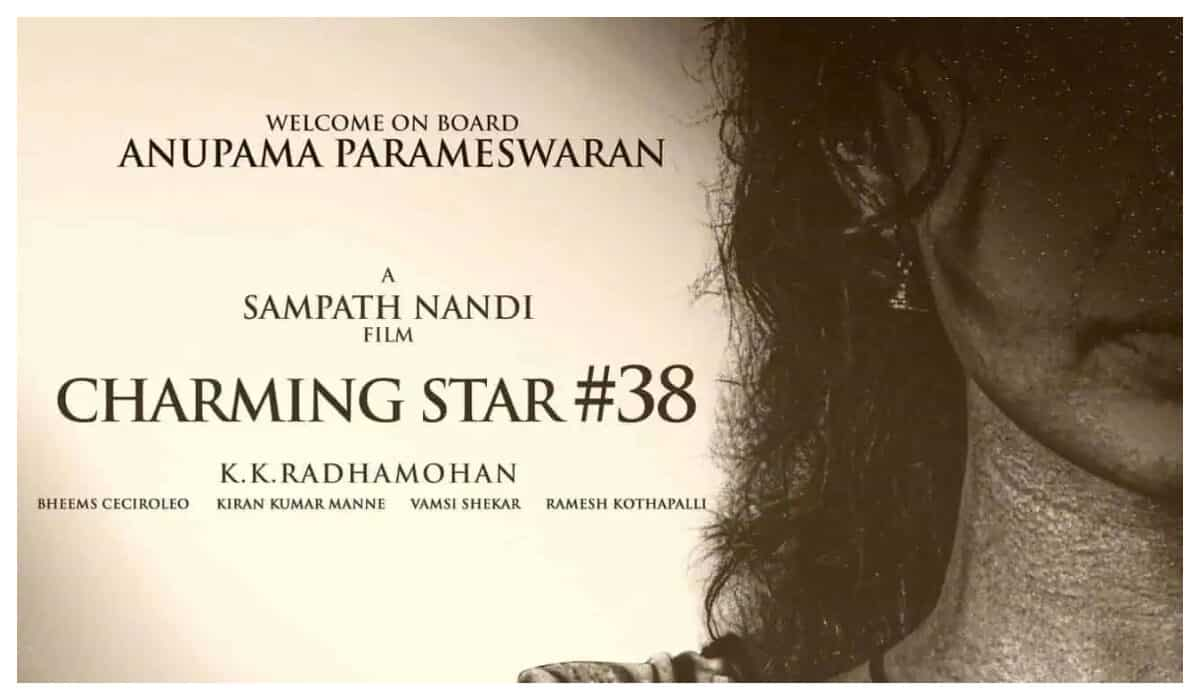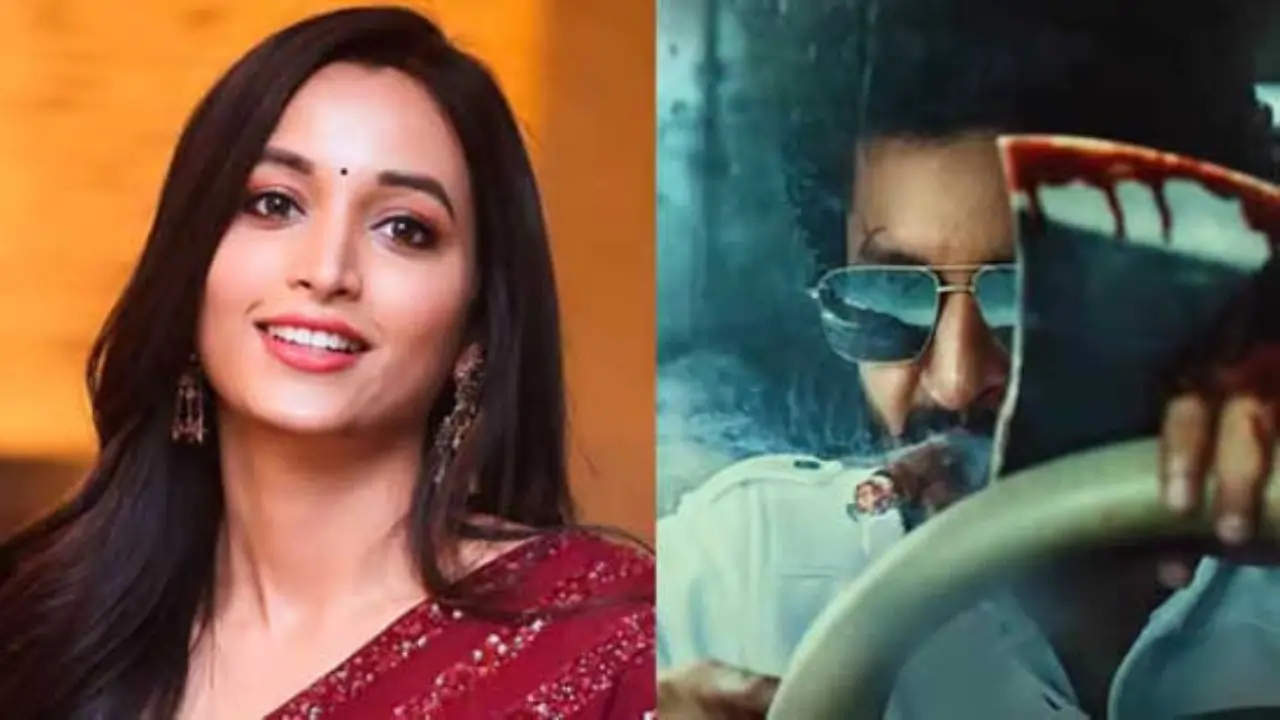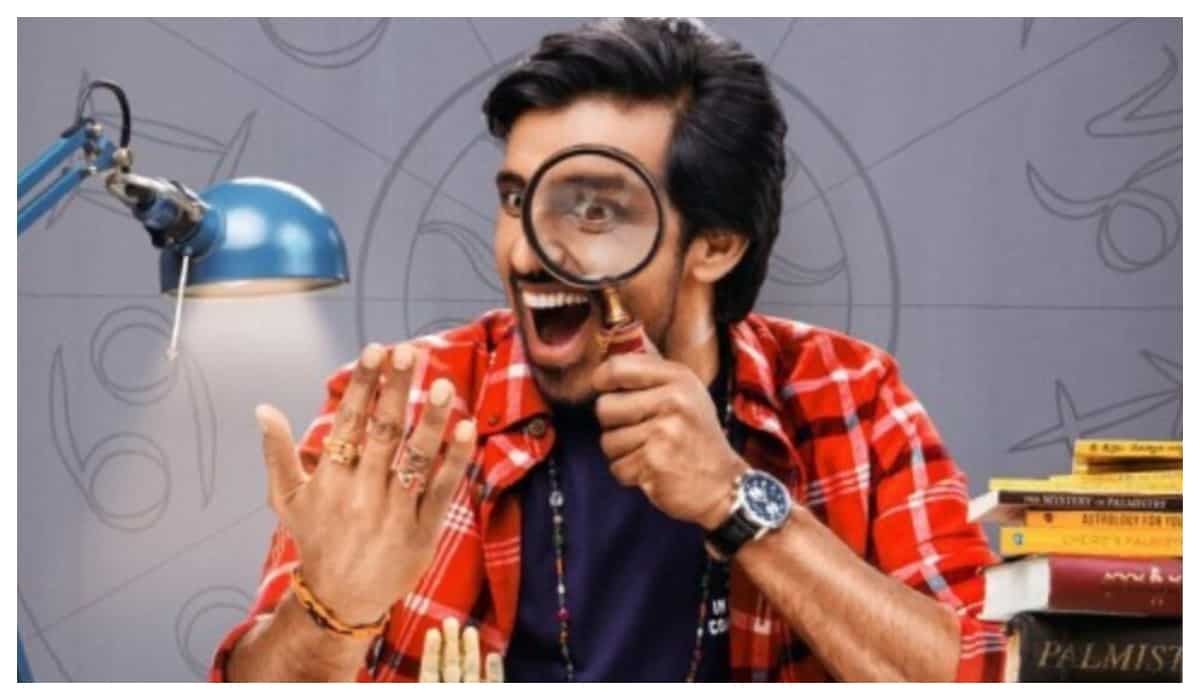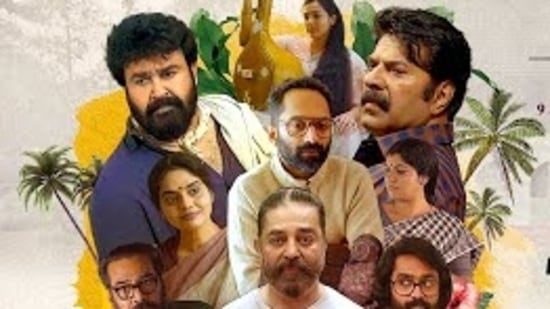
Manorathangal review: Anthology with best of Malayalam film industry that captures the essence of human relationships
8 months ago | 120 Views
Manorathangal review: Renowned Malayali award-winning author-screenwriter MT Vasudevan Nair is considered a writing phenomenon due to his stories which combine the different aspects of life and diverse human emotions ranging from love to suffering set in Kerala. The 91-year-old author has penned many outstanding short stories and novels and the Manorathangal anthology (Zee5) presents us with nine episodes of his stories starring some of the most popular talents in the Malayalam film industry. Also
Kamal Haasan introduces the series and talks about MT Vasudevan Nair, or MT as he is known, and how much his stories have influenced his life. In fact, Kamal Haasan starred in the 1974 Malayalam film, Kanyakumari, which was written by MT Vasudevan Nair, and he tells us this film became a turning point in his career as he went on to win his first Filmfare Award for this film.
The plot
Each of the nine stories/ episodes (each episode is around 45 minutes) have been directed by different directors and the two top stars of Malayalam cinema – Mammootty and Mohanal – are also part of this series. While Mammootty stars in Kadugannawa Oru Yathra Kurippu (Kadugannawa: A Travel Note) directed by Ranjith, Mohanlal is seen in Ollavum Theeravum (Ripples and the River Bank) directed by Priyadarshan. Kadugannawa Oru Yathra Kurippu is a story set in 1994 that transcends borders where Mammootty plays a journalist who goes in search of his sister who was brought home as a child by his father who was working in Sri Lanka. This story is inspired by MT’s own visit to Sri Lanka when the country was undergoing turmoil. Mammootty essays the role of journalist Venugopal to perfection which involves a lot of reflection, poise and flashbacks to a childhood that was fraught with gossip and some mystery.
As for Mohanlal, he essays the role of Baputty, a Muslim trader, who falls in love with a friend’s sister, Nabeesa (Durga Krishna). Shot in monochrome, Ollavum Theeravum, is stunning thanks to the layered performances by Mohanlal and Durga Krishna. The director introduces colour in one shot that not just epitomizes love but also the impending danger (problem) ahead. Does their love blossom or fail?
Essence of human relationships poetically
Moving on to Sherlock directed by Mahesh Narayanan, Fahadh Faasil (Balu) stars in this episode which is the story of a young Malayali man who goes to Canada and focuses on the issues that immigrants face. Balu’s sister lives in Canada and she calls him over as she is alone as her husband now has moved cities for work. Her companion is Sherlock, a cat and Balu joins them. MT cleverly takes us through the lost cultural values and disorientation Balu feels when he arrives from a small town to this large modern city where he feels trapped.
Kaathalkattu (Sea Breeze), starring Indrajith Sukumaran and Aparna Balamurali, and Kazhcha (Vision) starring Parvathy Thiruvothu, showcase the patriarchy and the conflicts and contrasts between the traditional and modern. If in Kaathalkattu directed by Rathish Ambat, it’s about a married man who wants to escape the humdrum life to pursue a romantic fantasy, in Kazhcha directed by Shyamaprasad, it’s about Sudha, a married woman, who wants to pursue her passions and also pursue her true love. Numerous characters from MT’s novels are about the lonely individual against society and Sudha here is one of them. Even in Vilpana (Sale) directed by Aswathy Nair, MT Vasudevan Nair’s daughter, we find how women are suppressed and oppressed due to patriarchy. Mrs Gita Parekh (Madhubala) realises that everything in life is for sale and has a price tag and she finds no meaning to her life. Does Sunil Das (Asif Ali) save her?
Shilalikhitam (Inscriptions) directed by Priyadarshan, features Biju Menon in the lead as Professor PKG Nair. We see how people tend to change once they leave their village and how relationships are maintained more for convenience. Do we become inhumane and selfish when we leave behind our roots? The man versus nature debate is one we have had for centuries and in Abhayam Thedi Veendum directed by Santosh Sivan, this is the crux. Siddique returns to his village and asks for a small place to rent. What happens to this lonely old man? This story reminds us that all of us on earth are just tenants and can leave any day thanks to the cycle of life and nature.
Finally, in Swargam Thurakkuna Samayam (When Heaven’s Doors Open) directed by Jayarajan Nair, we see an ensemble cast including Indrans, Nedumudi Venu, Kailash and others. This episode takes us through how parents, who give their all to bring up their children, are abandoned in their last days as their children are busy with their own lives. Has the parent-child bond become transactional today? Where has the love gone?
Director Priyadarshan has only directed two episodes in this anthology but is also the showrunner for Manorathangal. One must laud him for helping get on board some of the best talent in the Malayalam industry in terms of actors and directors and technicians as well. Each of the episodes is beautifully recounted with excellent performances and technically, the cinematography and music are top-notch. Santosh Sivan is the DOP for his episode as well as Priyadarshan’s Mohanlal monochrome episode where his work is remarkable. Nimish Ravi’s work in Shilalakitam and Kazhcha and Nikhil S Praveen’s work in director Jayarajan Nair’s episode are also superb.
MT Vasudevan Nair’s Manorathangal is a slowly paced social commentary on life and the nine stories here capture the essence of not just the writer’s oeuvre but also of beauty and nuances of Kerala village life, complex relationships and modern influences really poetically. Manorathangal is truly a breath of fresh air in a world filled with mayhem and chaos – don’t miss it.
Read Also: Khel Khel Mein movie review: Akshay Kumar is in terrific form in a smart laugh riot
# Manorathangal # Malayalam

.webp)

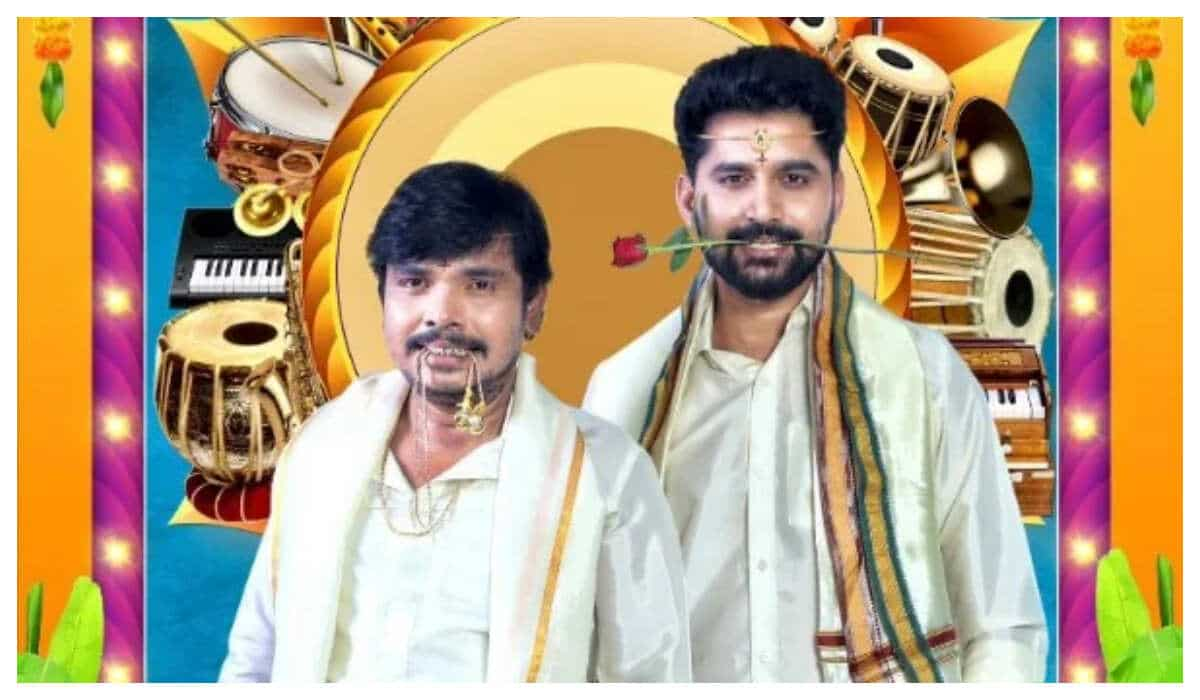

.webp)
